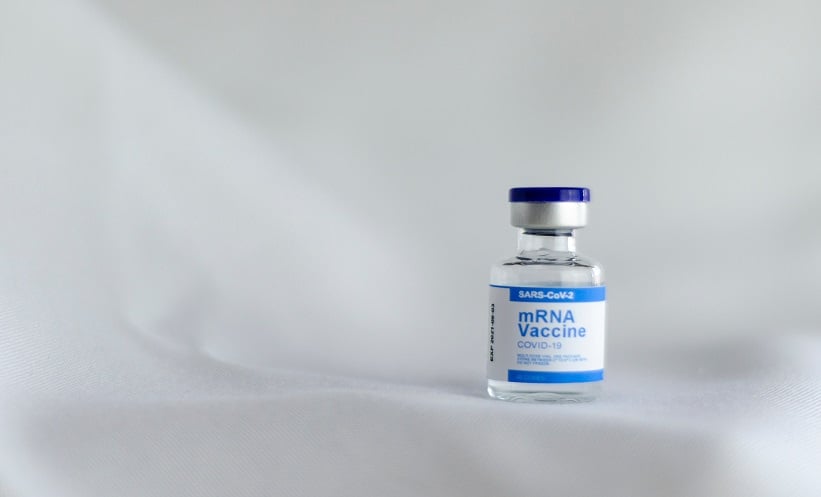AS OF 5th May 2021, more than 153 million people globally have been diagnosed with a coronavirus disease (COVID-19) infection and approximately 3.2 million have died from COVID-19. This international pandemic was met with the rapid development of COVID-19 mRNA vaccines; however, severe allergic reactions created a potential barrier to large-scale vaccination rollout. For this reason, academics at Massachusetts General Hospital, Boston, Massachusetts, USA, published an updated pre-vaccine risk stratification algorithm to help allergists guide safe vaccination in individuals with allergy histories.
Revised guidance was provided on the Pfizer-BioNTech (Pfizer Inc., New York City, New York, USA; BioNTech SE, Mainz, Germany) and Moderna (Moderna, Inc., Cambridge, Massachusetts, USA) mRNA vaccines, as well as the Janssen (Janssen Pharmaceuticals, Beerse, Belgium) COVID-19 vaccine, which had not been authorised for emergency use at the end of 2020, when the original recommendations were issued.
“Our main goal is to enable as many individuals as possible to receive a COVID-19 vaccine safely and avoid any unnecessary vaccine hesitancy due to a lack of knowledge around allergic reactions to vaccines,” highlighted lead author Aleena Banerji, Clinical Director of the Allergy and Clinical Immunology Unit at Massachusetts General Hospital.
The experts concluded that severe allergic reactions to COVID-19 vaccines remained exceedingly rare. This is in accordance with analysis conducted by the Centers for Disease Control and Prevention (CDC), which showed that rare cases of anaphylaxis occurred with both mRNA vaccines at a rate of 4.5 cases per million does administered. This is comparable to anaphylaxis rates associated with several other vaccines, including the inactivated influenza vaccine (1.4 per million). Furthermore, all vaccine clinics were advised to monitor higher-risk individuals for 30 minutes after vaccination and have staff trained in recognising and managing anaphylaxis.
Senior author Kimberly Blumenthal, Co-director of the Clinical Epidemiology Program at Massachusetts General Hospital’s Division of Rheumatology, Allergy, and Immunology, outlined the importance of the findings: “With more time and experience, we have been able to significantly narrow the group of patients with prior allergies who require an allergist assessment before COVID-19 vaccination.” Blumenthal added: “We now advise that only the rare individuals who have had a recent severe allergic reaction to polyethylene glycol, an ingredient in the vaccines, see an allergist or immunologist for evaluation, which may include skin testing.”






